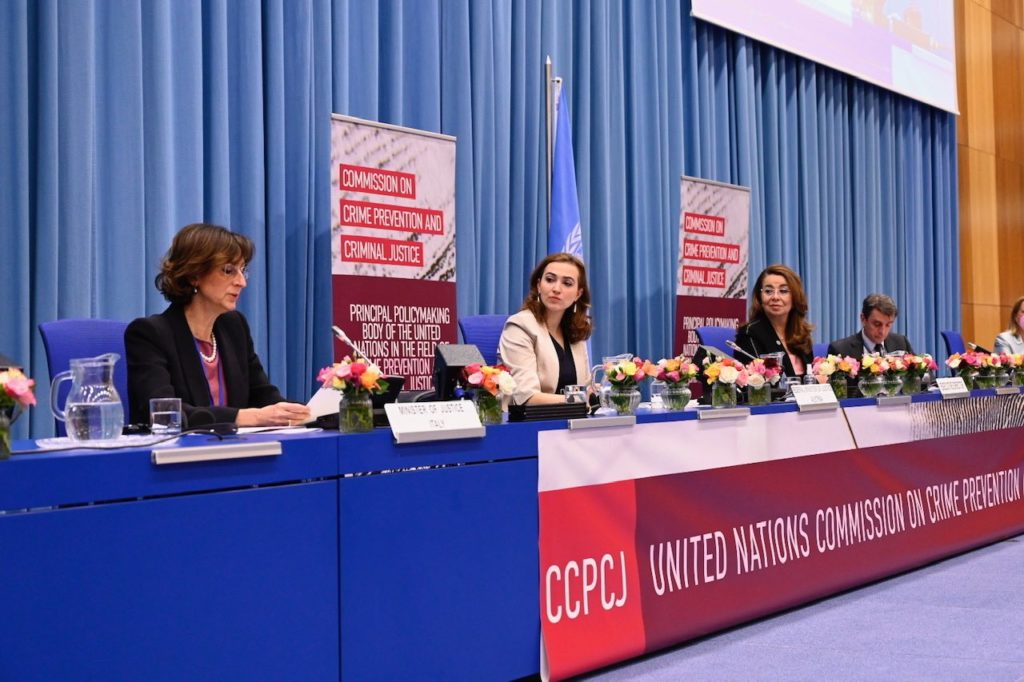The United Nations Commission for Crime Prevention and Criminal Justice opened its 30th session on 17 May. The issues to be addressed are innumerable: the work of the commission is particularly focused on protecting the vulnerable through global judicial responses, as the COVID-19 pandemic continues to increase the risks of immediate and long-term crime.
The opening of the work of the commission saw the delivery of a message from Secretary-General António Guterres to the executive director of the UNODC. In his speech, he stressed that the work of the Commission "has taken on new dimensions as the COVID-19 pandemic has left many millions of people more vulnerable to crime, exploitation, and violence."
This was enough to make it clear how much the dynamics of the COVID-19 pandemic has impacted the expansion of criminal opportunities around the world. While entire governments were busy addressing the health emergency, the crime took advantage of the emergency situation to develop new businesses.
For this reason, Guterres specified that "At this crucial moment, the Crime Commission is in a good position to promote holistic approaches and strengthen international cooperation."
Of the same opinion also Ghada Waly, the Executive Director of the United Nations Office on Drugs and Crime (UNODC), who in her speech recalled that "Action through this Commission is needed for more inclusive and integrated justice responses. to strengthen prevention and the rule of law and to help break the vicious cycles of inequality, corruption, crime, and violence."
Meeting for the first time since the 14th United Nations Congress on Crime, the Commission on Crime will carry forward the Kyoto Declaration, adopted in Congress, to intensify shared responses to crime challenges and accelerate progress towards achieving the 2030 Agenda.
Effective measures will need to be taken to prevent and combat migrant smuggling, protecting the rights of smuggled migrants, in particular women and children, and those of unaccompanied migrant minors.
Coinciding with the committee's discussion on these issues, events such as the one on migrant smuggling in Ceuta, Spain, remind us that the priority will be to find a solution to the trafficking of people to Europe as soon as possible.
International cooperation in tackling migrant smuggling is also at the heart of a resolution under consideration by the Commission, along with six other resolutions concerning the United Nations Global Action Plan to Combat Trafficking in Human Beings.
Among the other issues that will be addressed are the issue of preventing and combating crimes that damage the environment, the issue of the integration of sports activities in the prevention of juvenile crime, and in criminal justice strategies, in addition of course to the resolution of the reform of the criminal justice system amidst the COVID-19 pandemic.


